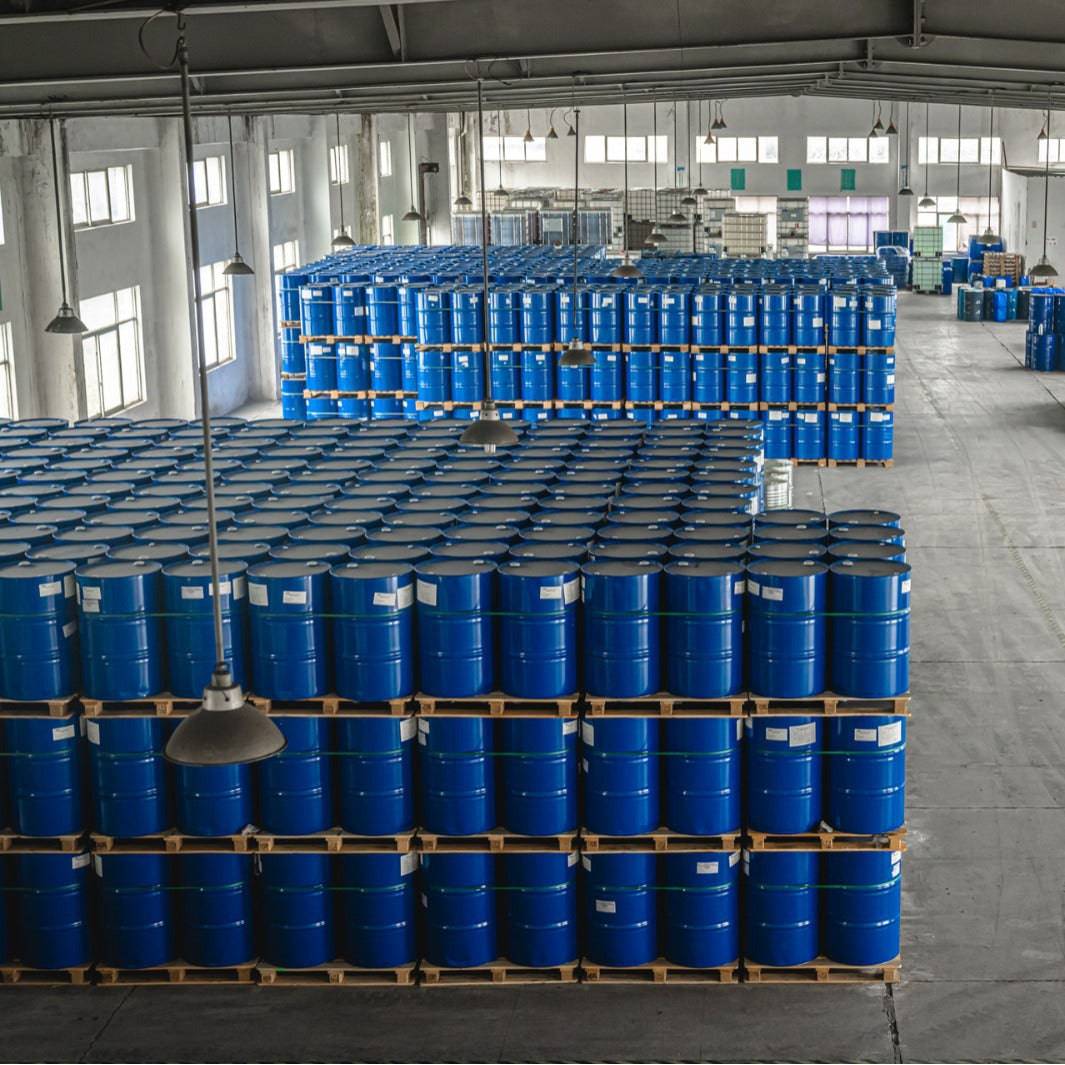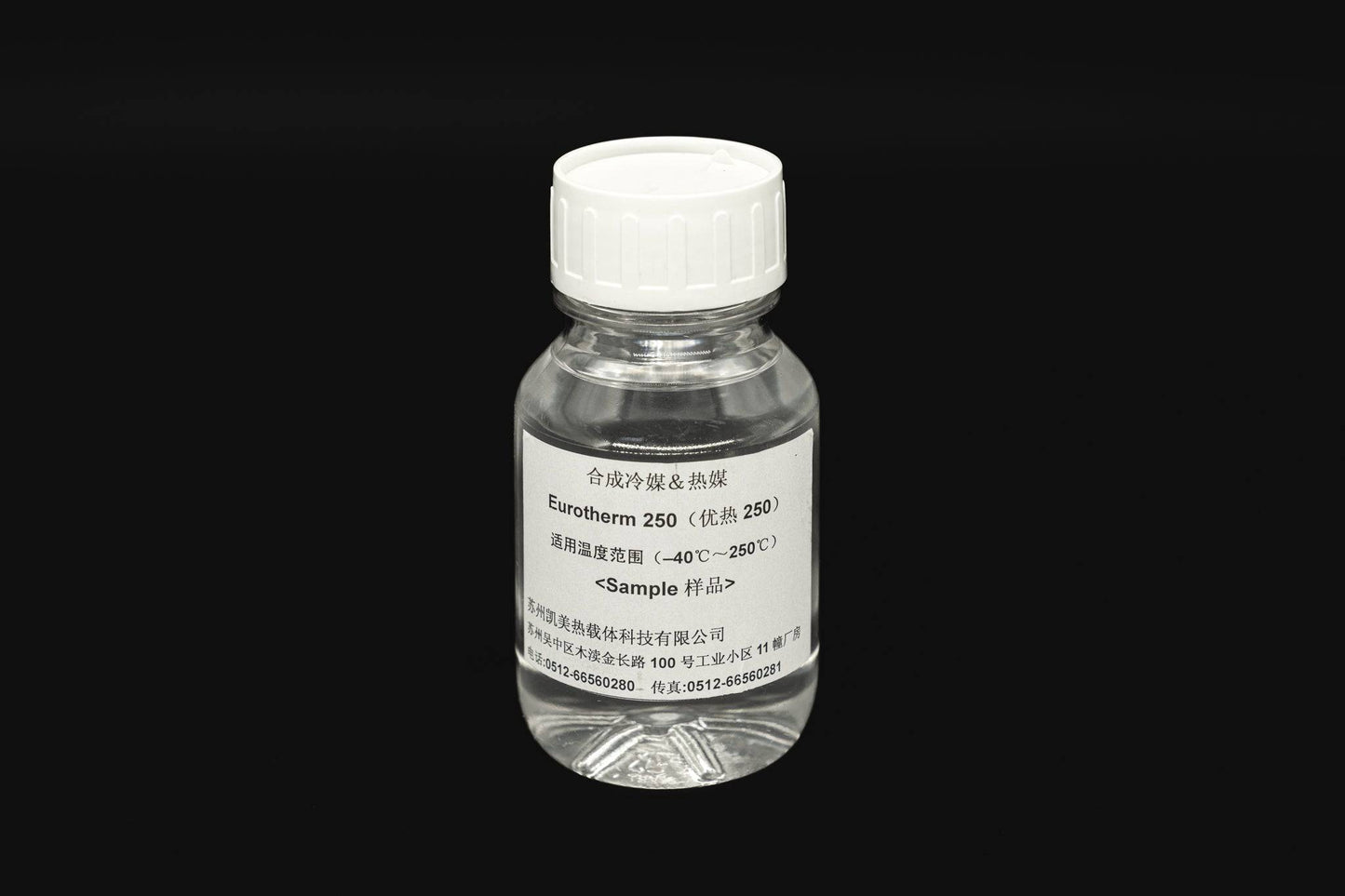The 5-Minute Rule for Chemie
The 5-Minute Rule for Chemie
Blog Article
The Single Strategy To Use For Chemie
Table of ContentsThe 30-Second Trick For ChemieThe Facts About Chemie Uncovered6 Simple Techniques For ChemieThe Only Guide to ChemieThe Single Strategy To Use For ChemieThe Main Principles Of Chemie
(https://hearthis.at/bette-anderson/set/chemie/)Calculated change in electrical conductivity of liquid examples as a function of time when stirred with the material sample in the closed indirect air conditioning loop experiment. Number 6 shows the change in the measured electric conductivity of the liquid examples when stirred with the resin sample. The conductivity of the water sample from the closed loophole experiment reduced by about 70% from 11.77 S/cm to 3.32 S/cm in 6 hours.These results indicated that the capacity of the material depends on the test fluid utilized for the experiment. This reveals that various ions existing in the fluid will certainly result in various ion exchange capacity of the liquid. Computing the ion exchange resin ability with the liquid sample from the actual air conditioning loophole is vital.
Not known Facts About Chemie
Therefore, an ion exchange material cartridge including 20g of Dowex combined bed material may tackle order 938 days to saturate. To put it simply, to keep a low electric conductivity, a material cartridge with the dimension and weight spec as that of the material cartridge used in the experiment, need to be changed every 30 months for the cooling system that was made use of in the experiment
The air conditioning of electronic parts has ended up being a significant obstacle in current times due to the developments in the style of faster and smaller parts. The use of a fluid coolant has become attractive due to the greater warmth transfer coefficient accomplished as compared to air-cooling.
The Best Guide To Chemie
A single phase cooling loophole consists of a pump, a heat exchanger (chilly plate/mini- or micro-channels), and a heat sink (radiator with a follower or a liquid-to-liquid heat exchanger with chilled water cooling). The heat source in the electronic devices system is attached to the heat exchanger.
The needs may vary depending on the kind of application. Complying with is a listing of some general demands: Good thermo-physical residential or commercial properties (high thermal conductivity and certain warm; reduced thickness; high unrealized warmth of evaporation for two-phase application) Reduced freezing point and burst factor (often ruptured protection at -40 C or lower is needed for delivery and/or storage space functions) High atmospheric boiling factor (or low vapor pressure at the operating temperature level) for solitary phase system; a slim desired boiling point for a two-phase system Good chemical and thermal security for the life of the electronic devices system High flash factor and auto-ignition temperature (in some cases non-combustibility is a need) Non-corrosive to products of construction (metals as well as polymers and other non-metals) No or marginal regulatory restraints (environmentally pleasant, nontoxic, and perhaps naturally degradable) Economical The very best electronic devices coolant is an inexpensive and safe fluid with outstanding thermo-physical residential or commercial properties and a lengthy life span.
8 Easy Facts About Chemie Described
The majority of these fluids have a non-discernible smell and are nontoxic in instance of call with skin or ingestion. As stated previously, aliphatic PAO-based liquids have replaced the silicate-ester liquids in a variety of army electronic devices (and avionics) cooling applications in the last decade. An additional class of preferred coolant chemistry is dimethyl- and methyl phenyl-poly (siloxane) or commonly referred to as silicone oil.
Fluorinated substances such as perfluorocarbons (i.e., FC-72, FC-77) hydrofluoroethers (HFE) and perfluorocarbon ethers (PFE) have specific one-of-a-kind properties and can be made use of in call with the electronics [4, 8] First off, these liquids are non-combustible and safe. Some fluorinated compounds have absolutely no ozone diminishing prospective and other environmental homes.
This coolant is identified as hazardous and need to be dealt with and disposed of with treatment. The quality of water made use of for the prep work of a glycol remedy is extremely essential for the system.
The Best Guide To Chemie

This is a reduced expense antifreeze remedy, discovering use in refrigeration services and ground source warmth pumps - inhibited antifreeze. This fluid can be used down to -40 C owing to its relatively high rate of heat transfer in this temperature array.
It is taken into consideration more unsafe than ethylene glycol and consequently has actually located usage only for procedure applications located outdoors. Methanol is a combustible liquid and, as such, presents a possible fire hazard where it is saved, dealt with, or utilized. This is a liquid solution of denatured grain alcohol. Its primary benefit is that it is safe.
All about Chemie
As a flammable fluid, it requires particular safety measures for dealing with and storage. Aqueous services of calcium chloride discover large use as click here for more info circulating coolants in food plants. It is non-flammable, safe and thermally extra efficient than the glycol options. A 29% (by wt.) calcium chloride remedy has a freezing point listed below -40 C.

Report this page